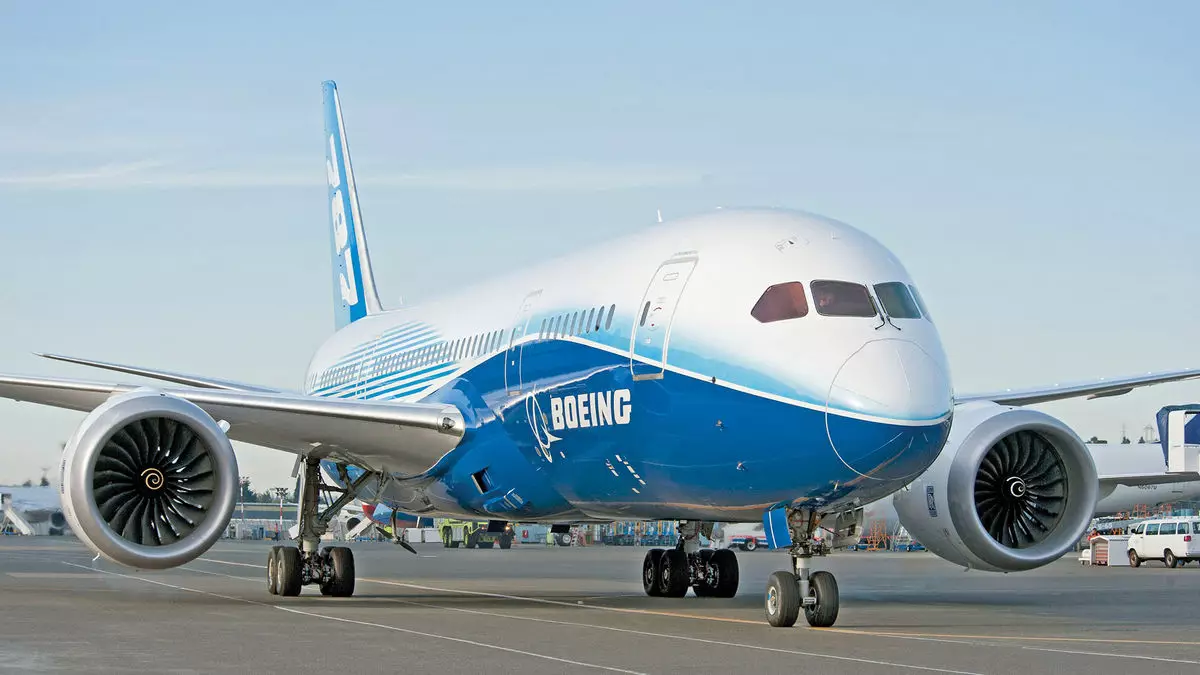The recent case of a mechanic being fired after complaining about poor repair work on planes in a Boeing factory near Seattle has raised serious concerns. Richard Cuevas, the mechanic in question, claimed to have witnessed “substandard manufacturing and maintenance processes” while working on Boeing 787 Dreamliners. This includes issues such as drilling holes to attach fasteners and improper use of sealant on parts crucial for maintaining plane pressurization.
Despite Cuevas’ valid concerns regarding safety and quality of repair work, Boeing asserts that the issues raised did not pose any safety risks. This dismissal of safety concerns is troubling, especially when considering the potential impact of substandard maintenance processes on the safety of passengers and crew members on board Boeing planes.
The fact that Cuevas was fired after raising concerns with both Spirit AeroSystems and Boeing is concerning. Boeing, as the primary aircraft manufacturer, should hold a high standard of safety and quality for all work conducted on its planes. Spirit AeroSystems, as a key supplier to Boeing, also plays a significant role in ensuring the airworthiness of Boeing aircraft. The allegations of “routinely cutting corners” by Spirit AeroSystems and “allowing shoddy work to continue” by Boeing highlight a lack of commitment to safety and quality in the aviation industry.
In light of this controversy, it is essential for both Boeing and Spirit AeroSystems to conduct thorough investigations into the allegations made by Cuevas. The aviation industry must prioritize accountability and transparency when it comes to safety and quality standards. Employees like Cuevas, who raise legitimate concerns about manufacturing and maintenance processes, should be protected and encouraged to come forward without fear of retaliation.
The case of the Boeing subcontractor controversy underscores the importance of upholding rigorous safety and quality standards in the aviation industry. It serves as a reminder that all stakeholders, including aircraft manufacturers, suppliers, and mechanics, must work together to ensure the airworthiness of commercial aircraft. Any allegations of substandard work must be taken seriously and thoroughly investigated to maintain the trust and confidence of passengers and aviation professionals alike.


Leave a Reply